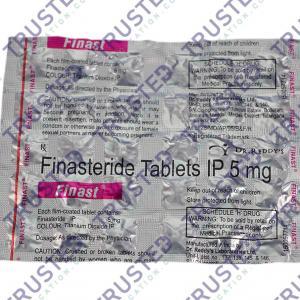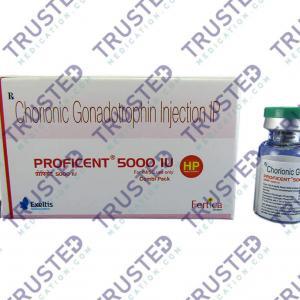
Infertility is when a woman cannot become pregnant after trying for one year (or six months if she is older than 35). A woman who is fertile but unable to stay pregnant may also be infertile. According to the Centers for Disease Control and Prevention (CDC), about 10% of women aged 15 to 44 in the United States have trouble getting pregnant or staying pregnant.
What Are The Causes Of Infertility In Women?
There are many possible causes of infertility. On the other hand, it can be challenging to pinpoint the exact cause, and some couples have unexplained or multifactorial infertility. Some possible causes of female factor infertility can include:
- Problems with the fallopian tubes: The most common cause of tubal factor infertility is a pelvic inflammatory disease. Usually, it is caused by chlamydia and gonorrhea.
- Problems with the uterus: This includes polyps, septum, fibroids, or adhesions inside the uterus cavity. Polyps and fibroids can form independently at any time, whereas other abnormalities are present at birth. Adhesions can form after surgery, like dilation and curettage.
- Problems with egg number and quality: Women are born with all the eggs they will ever have, and this supply can run out early before menopause. Moreover, some eggs will have the wrong number of chromosomes and cannot fertilize or grow into healthy fetuses. Some of these chromosomal issues may affect all of the eggs. Others are random but become more common as a woman gets older.
- Problems with ovulation: There are many reasons why a woman may not ovulate regularly. Hormonal imbalances, past eating disorders, thyroid conditions, substance abuse, severe stress, and pituitary tumors are all examples of things that can affect ovulation.
Who Is At Risk Of Infertility?

- Age – Women’s fertility gradually declines with age, especially in the mid-30s, dropping rapidly after age 37. Infertility in older women is likely because of the lower number and quality of eggs and can also be because of health problems that affect fertility.
- Tobacco use – Smoking tobacco or marijuana by either partner may reduce the likelihood of pregnancy. Smoking also lessens the possible effectiveness of fertility treatment. Miscarriages are more frequent in women who smoke.
- Alcohol use – There’s no safe alcohol use for women during conception or pregnancy. Alcohol use may contribute to infertility.
- Being overweight – Among American women, an inactive lifestyle and being overweight may increase the risk of infertility.
- Being underweight – Women at risk of fertility problems include those with eating disorders, such as anorexia or bulimia, and those who follow a very low-calorie or restrictive diet.
- Exercise issues. A lack of exercise contributes to obesity, which increases the risk of infertility. Less often, ovulation problems may be associated with frequent strenuous, intense exercise in women who are not overweight.
What Are The Treatments Used For Infertility?
Infertility treatment depends on the cause, your age, how long you’ve been infertile and personal preferences. Infertility is a complex disorder. For this reason, the treatment involves significant financial, physical, psychological, and time commitments. Treatments can either attempt to restore fertility through medication or surgery or help you get pregnant with sophisticated techniques.
Medications to Restore Fertility
Medications that stimulate ovulation are known as fertility drugs. Fertility drugs are the primary treatment for infertile women due to ovulation disorders. This type of drug generally works like natural hormones to trigger ovulation. They’re also used in women who ovulate to stimulate a better egg or an extra egg.
Recommended medication:
- Ovidac 2000 I.U – this medication treats infertility in men and women. This medication will cause ovulation in infertile women.
Surgery to Restore Fertility
Various surgical procedures can correct problems or otherwise improve female fertility. However, surgical fertility treatments are rare these days because of the success of other treatments. They include:
- Tubal surgeries
- Laparoscopic or hysteroscopic surgery
Reproductive Assistance
The most commonly used methods of reproductive assistance include:
- Assisted reproductive technology
- Intrauterine insemination (IUI)







